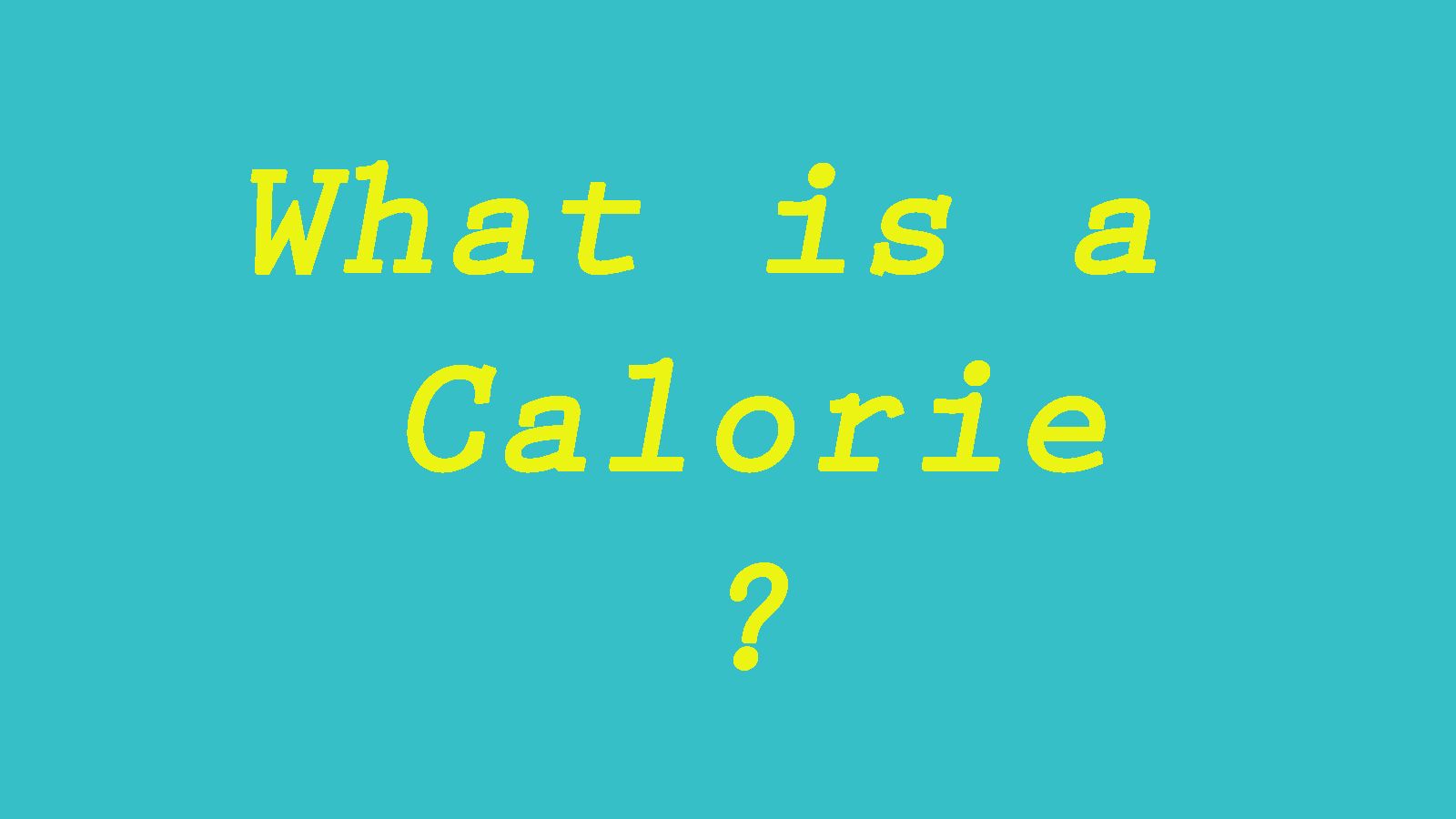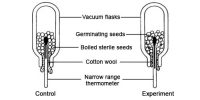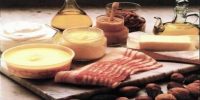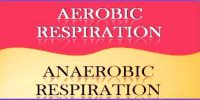A calorie is a unit of energy. The heat that is required to increase the temperature of 1 gm water by 10 celcious is 1 calorie. 1000 calories = 1-kilo calorie.
Heat is produced from foods containing carbohydrates, protein and fat/oil. The heat helps digestion, metabolism, respiration, blood circulation etc. in our body. Energy is also used up in physical labour. Energy is stored in food. We get energy from food. The heat produced from energy in food is expressed in calories. The measuring unit of heat energy in food is expressed in Kilocalories. The human body needs calories to survive, without energy our cells would die, our hearts and lungs would stop, and we would perish. We acquire this energy from food and drink.
Food which contains carbohydrates, protein and fats are also rich in calories. Food containing a large amount of water and cellulose contains fewer calories. The most amounts of calories can be found in food that is enriched in fat or oil.
Examples of some high and low calorific food are shown here:
High Calorific food: Edible oil, Butter, Fish oil, Concentrated coconut milk, Skimmed powder milk, Roasted peanuts etc.
Low Calorific Food: Pumpkin, Cabbage, Ridge gourd, Tomato, Bottle gourd etc.
















